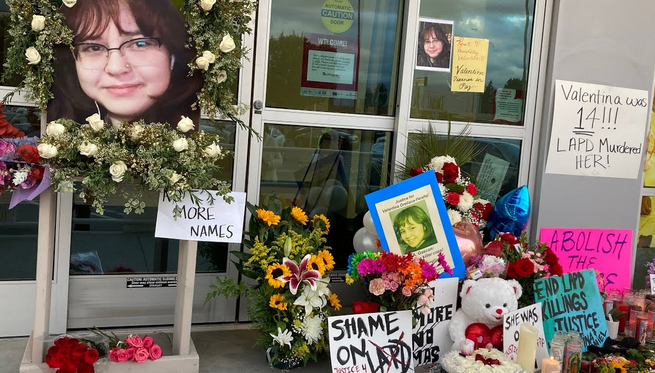What disturbs me about this passage is that in “Transition” No 32, the attack was that it is the President alone who has the power to make these appointments, in his own discretion without the advice of any person or authority.
In “Transition” No 37, the attack has been advanced to the effect that even after he had been advised, the President is failing to act constitutionally mostly on tribal considerations.
“The Reporter”, a magazine published in Kenya, came out during the period with the story that some Ministers were making arrangements to remove me not only from the leadership of the Government but also of the Party
Dr. Apollo Milton Obote explains the genesis of 1966 crisis in Uganda.
GULU-UGANDA:There is another incident and this is contained in “Transition” No 37, and in a passage reading as follows: “I do not believe the rumor circulating in legal circles for the past year or so that the Judicial Service Commission had made a number of recommendations in this direction, but that the appointments have for one reason or another, mostly tribal considerations, not been confirmed. But what is holding the appointment of Ugandan Africans to the High Court?”
The allegation here is that the Judicial Service Commission which, according to the Constitution, is the only body which advises the President on the appointment of High Court Judges, has in fact recommended Ugandan Africans for appointment as Judges and that the President on the appointment has not done so for one reason or another mostly tribal considerations. I am advised that it is immaterial to say that the writer and the publisher did not believe in the rumor. The fact which I can disclose to you is that the Judiciary Service Commission has made no recommendations for the appointment of Africans to the office of Judge of the High Court.
What disturbs me about this passage is that in “Transition” No 32, the attack was that it is the President alone who has the power to make these appointments, in his own discretion without the advice of any person or authority. In “Transition” No 37, the attack has been advanced to the effect that even after he had been advised, the President is failing to act constitutionally mostly on tribal considerations.
It would appear that most people who have reacted on the arrest and detention of Neogy and Mayanja, though aware of these writings against Uganda, do also hold the view that it is not a bad thing to run the Government down, or to accuse it of what it has not done and generally make the world believe that Uganda is a country where life and property are not safe.
There is one other incident regarding the printed matter which occurred in early 1966. This is the deportation of the former Uganda correspondent of the “Kenya Weekly News”, Mr. Ted Jones. The history of the incident starts in June 1965. During that period a number of Party colleagues, including Government ministers, attempted to reactivate the UPC/KY alliance. “The Reporter”, a magazine published in Kenya, came out during the period with the story that some Ministers were making arrangements to remove me not only from the leadership of the Government but also of the Party. There was, however, some evidence of this and the story in “The Reporter”, which was written by Mr. Jones, was not far from the truth. This attempt to reactivate the alliance failed because UPC Members of Parliament, the Backbenchers, and the Party as a whole could not be persuaded to accept such a move.
In the month of September of that year I discussed at a secret of the Party Executive Committee my then intention to advise the President to dissolve the National Assembly and the holding of a General Election early in 1966. This information did not please some members of the Executive Committee, including the then Secretary-General, and it was immediately leaked to the Press. The purpose of the leakage appears to have been one of removing the element of surprise in calling a General Election and of showing to the KY group that unless they joined the UPC immediately, a General Election was going to be held and as things stood then the DP was not going to be a match for the UPC, but that the result of the elections would then be one of UPC in a commanding position in the three Regions, with KY, that is virtually the whole of Buganda, with 21 seats, being in Opposition.
This state of affairs, the activists argued, would work against the re-election of the then President. Indeed, this kind of consideration had already been advanced to the KY group in July 1965, and the then President himself chaired a meeting of the KY group at which meeting it was decided that KY members should join the UPC in large numbers and thereby use their influence not only to change the UPC policy but also its leadership.
In the first week of October 1965 we had another meeting of the Party Executive Committee where a proposal was put that members of the Party’s National Council from Buganda Region should be increased from three to eighteen. The National Council, according to the Party Constitution, was composed of Chairman, Secretary and Treasurer from each Region. “Region” in the then UPC Constitution meant an administrative district recognized in the constitution of Uganda, and the Party regarded Kampala as a special Region.
Since Buganda was centrally administered, the UPC considered Buganda, excepting Kampala, as one unit, and all other districts were equally considered as distinctive units sending three representatives to the Party’s National Council. The full composition of the National Council included members of the Party’s Executive Committee, and the Executive Committee was composed of officials of the Party, namely, President, Vice-President, Secretary-General, Assistant Secretary-General, Treasurer, Assistant Treasurer, Chairman and Deputy Chairman, together with twelve elected representatives.
In our next series, we shall examine circumstances which brought about the 1966 revolution which led to the collapse of UPC/KY alliance.












